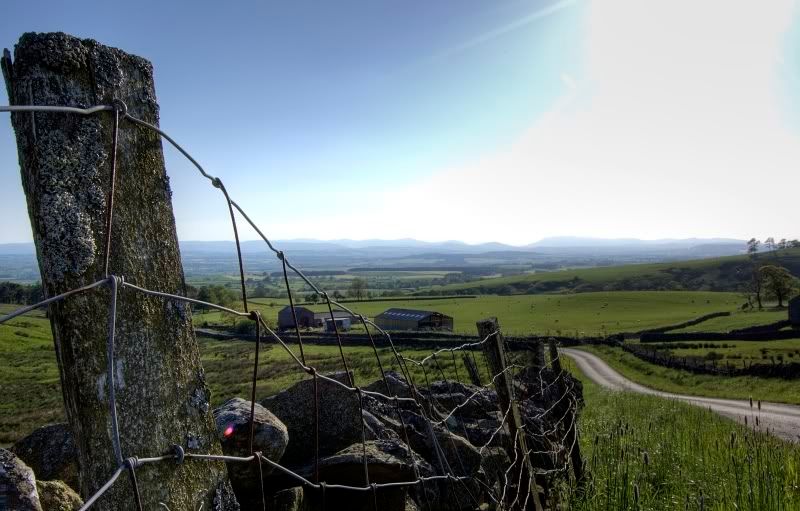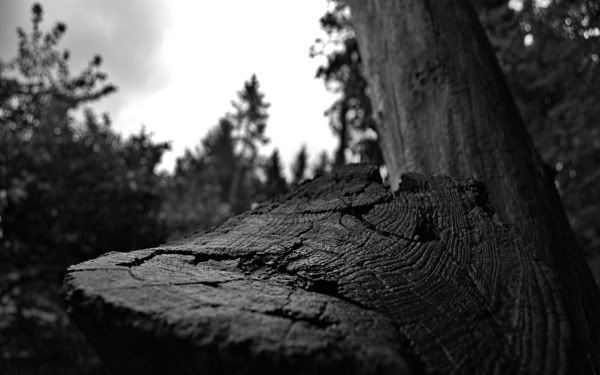I'm looking at either buying a high end bridge camera (probably the Panny FZ28), or low-end DSLR (Nikon D40 or Sony A200), and am after a bit of help with a few definitions.
Firstly, I assume that the main benefit of going DSLR over bridge is that, despite individual lenses having less flexibility than the lens on a bridge, the lens of a DSLR will be of noticeably better quality?
Secondly, things like aperture sizes and focal lengths; I'm just trying to work out some "real world" examples to which I can tie the definitions I've read. I'm a real beginner, so am doing some reading up, but have nothing concrete to tie these to at the moment.
Something like a landscape shot, for example, would require a short, wide-angle focal length with a fairly wide aperture? Whereas a macro shot would be the opposite, and a close-up of a footballer, for example, would be somewhere in the middle (although moving towards the telephoto end)?
Just trying to get a handle on these things really! If somebody could post a pic or two and say what settings they used for it.
ISO is something I'm really struggling to "get"; I understand that it's the amount of exposure time required to achieve an image, but what does this mean in the real world?
Thanks
Firstly, I assume that the main benefit of going DSLR over bridge is that, despite individual lenses having less flexibility than the lens on a bridge, the lens of a DSLR will be of noticeably better quality?
Secondly, things like aperture sizes and focal lengths; I'm just trying to work out some "real world" examples to which I can tie the definitions I've read. I'm a real beginner, so am doing some reading up, but have nothing concrete to tie these to at the moment.
Something like a landscape shot, for example, would require a short, wide-angle focal length with a fairly wide aperture? Whereas a macro shot would be the opposite, and a close-up of a footballer, for example, would be somewhere in the middle (although moving towards the telephoto end)?
Just trying to get a handle on these things really! If somebody could post a pic or two and say what settings they used for it.
ISO is something I'm really struggling to "get"; I understand that it's the amount of exposure time required to achieve an image, but what does this mean in the real world?
Thanks




